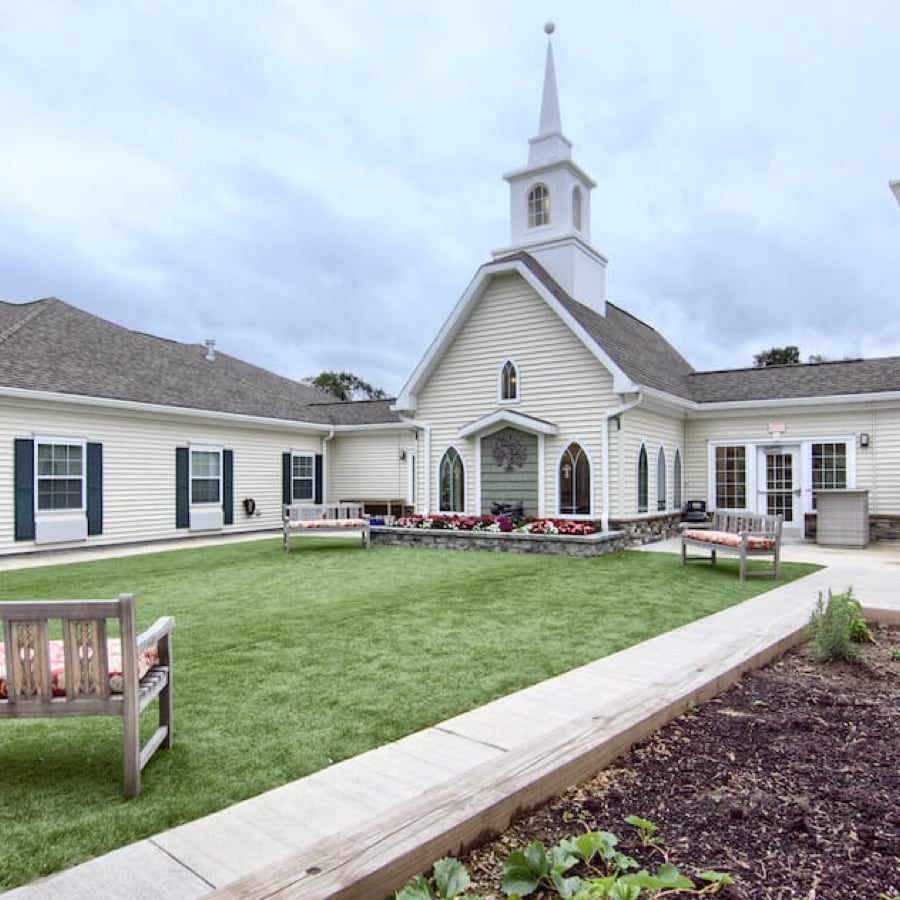Healthy aging is every senior’s goal. Sometimes in order to maintain optimal health, it means understanding your limits and listening to what your body is trying to tell you. It is sometimes easy to ignore a small cough or nasal congestion and chalk it up to something simple, but in today’s society, you can never be too careful when it comes to your health.
The best thing seniors can do when they feel under the weather is to talk with a healthcare provider. Even a quick phone call can help to ease concerns and provide signs to look out for in the event that a condition worsens.
Symptoms of a Respiratory Illness
Acute respiratory infections are anything that interferes with normal breathing. It can start in the sinus cavities and affect just the upper respiratory system, or it can move into the lungs and lower respiratory system. Either way, there are symptoms you should look out for, as these types of infections can be particularly dangerous for older adults.
The symptoms you experience might be different based on the type of respiratory illness. These can include:
- Congestion in the chest
- Congestion in the nasal passages
- Runny nose
- Cough
- Sore throat
- Body aches
- Fever
- Fatigue
- Difficulty breathing
If symptoms are severe or last for longer than 7 days, it’s important to contact a doctor immediately.
Causes of a Respiratory Illness
When it comes to the cause of respiratory illnesses, there are several different ways they can develop. Upper respiratory infections are typically caused by things like an ear infection, the common cold, sinus infection or acute pharyngitis. Lower respiratory infections are most often caused by bronchitis, pneumonia or bronchiolitis.
Many germs that cause respiratory illness are spread by droplets that come from sneezing or coughing. Germs are typically transmitted from close contact with a sick person or by touching something that has these germs living on it.
The best way for seniors to prevent respiratory illness is to avoid contact with people who have the symptoms of a common cold and to wash hands regularly. Avoid touching the face and avoid sharing utensils, towels or brushes with infected individuals. If possible, all seniors should consider getting the annual flu vaccine to further protect themselves from developing that respiratory illness.
For seniors, respiratory illnesses should always be taken seriously. Early detection and treatment are important. If common symptoms are associated with a high fever or shortness of breath, it’s important to seek medical advice as soon as possible. Many doctors even offer virtual appointments to help prevent contact with other at-risk individuals.
Pursuing Health in Retirement at Peregrine Senior Living
Retirement is an opportunity to explore old interests, take up new hobbies and prioritize health. At Peregrine Senior Living, we work to enrich the lives of older adults through remarkable senior care services. We go beyond basic care to offer unsurpassed care that changes based on need. Now is the perfect time to learn moreabout what our senior living community has to offer.











